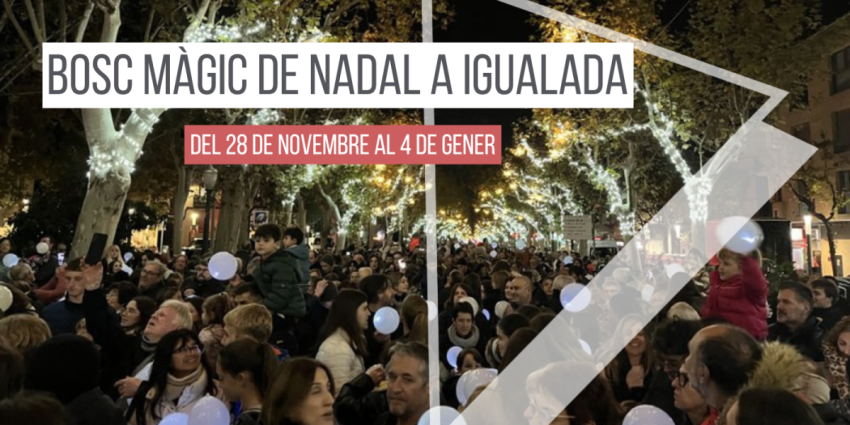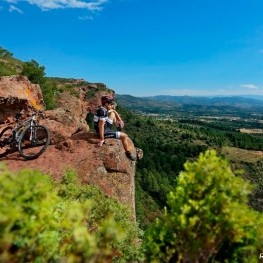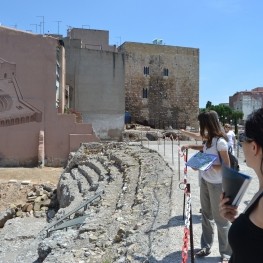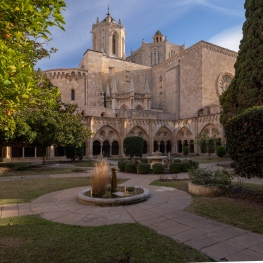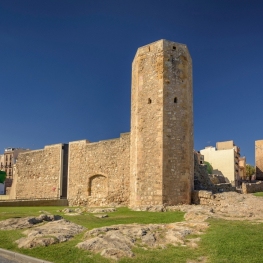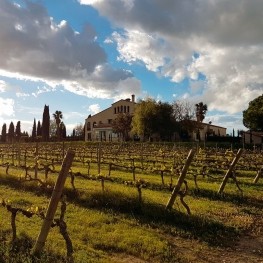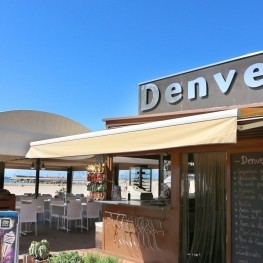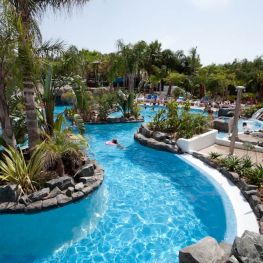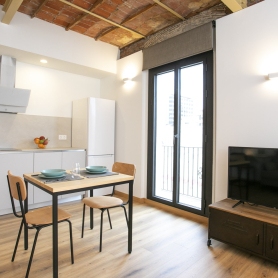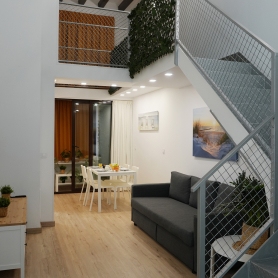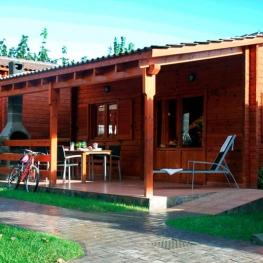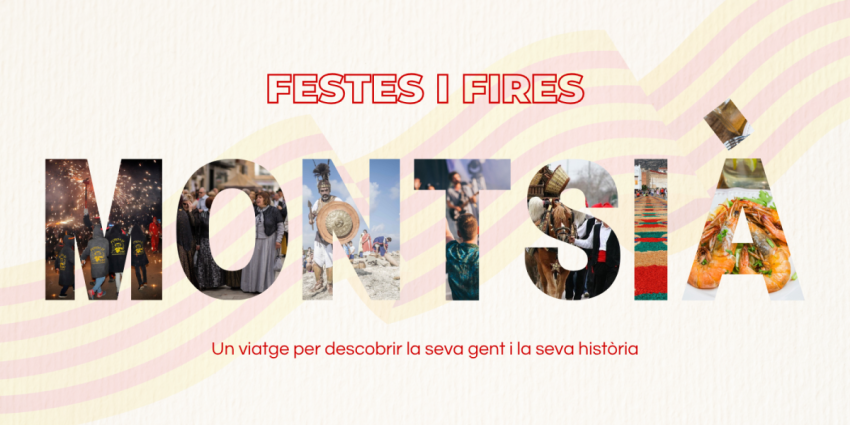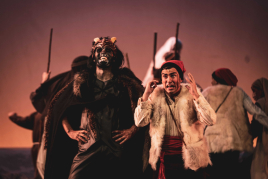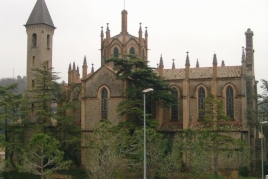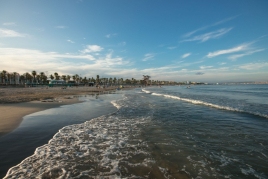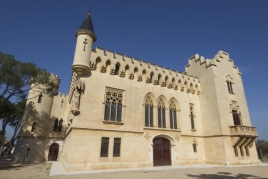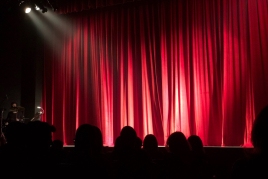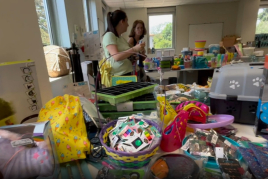Gaudí route in Reus
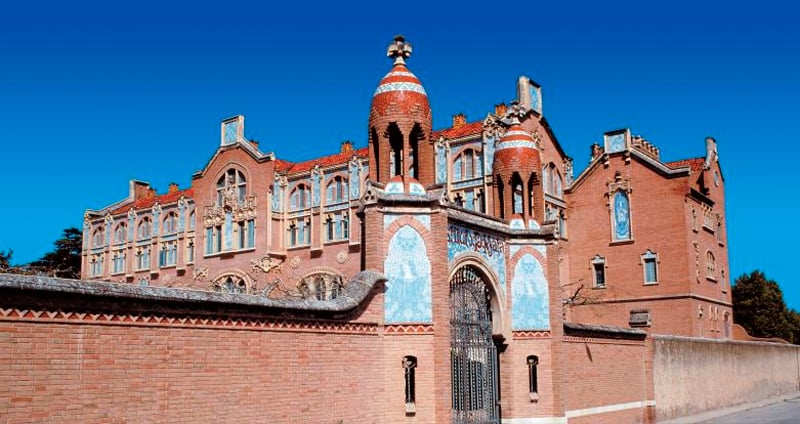
The big question when we talk about characters in the height of Antoni Gaudí is: the genius born or made?
Surely there are more than enough arguments to defend either of the two approaches, although intuitively tend to believe that both are mixed in the way of the great creators. To discover and learn more about early influences - in the childhood and adolescence of Antoni Gaudí - we invite you to stroll through the remains of Reus mid-nineteenth century and the retina burn some of the images that marked, to 16 years, a talent destined to become an artist of universal stature.
To this end, we propose to follow a route Reus following the trail that Gaudí left in the city. We will do it by a visit to various noteworthy places in the capital of Baix Camp and that marked the life of the artist.
Antoni Gaudí i Cornet
 Antoni Gaudí i Cornet was a descendant of Francesc Gaudí, natural of Riudoms, finished learning his trade in Reus, where he married Antonia Cornet, daughter of another boilermaker.
Antoni Gaudí i Cornet was a descendant of Francesc Gaudí, natural of Riudoms, finished learning his trade in Reus, where he married Antonia Cornet, daughter of another boilermaker.
When he was a renowned architect, Gaudí himself explained that he had the quality to see the space, to understand it, because it was " the son, grandson and great - grandson of coppersmiths" and stressed that the willingness for viewing of plastic was typical of the natural Campo de Tarragona.
-the Territory of his, ours characterized by the brightness of the atmosphere, the variety of the landscape and the presence of the Mediterranean Sea (a sea that Gaudí considered "the cradle of Art"). Local, indigenous elements of nature and personal, intimate gifts, transmitted via generational were taken and synthesized for use inseparably in their adult creative work. His written reflections on the manor, "the tiny nation of the family, " show us the importance that Gaudí had the nuclear family as primary element of their "national" conception of human society.
Gaudí Centre
 The Gaudí Centre is located in the historic center of the city, in the Mercadal square, 3. It is a new performance space that allows audiences of all ages discover the formation of his creative genius and understand didactically secrets its architecture.
The Gaudí Centre is located in the historic center of the city, in the Mercadal square, 3. It is a new performance space that allows audiences of all ages discover the formation of his creative genius and understand didactically secrets its architecture.
Through multiple (audiovisual, interactive models, stage sets, personal items, etc.) resources visitors venture into the world of Gaudí in a participatory way, opening the senses and mind to new experiences.
House Navàs
Designed by the architect Lluis Domenech i Montaner, Casa Navàs is its uniqueness one of the best examples of Modernism at European level. Built between 1901 and 1907, and located in the heart of the city, Montaner it designed by Joaquim Navàs a building housing the new housing and business premises of his client, and that showed in the Market Square an imposing stone facade with a tower located on the corner. Unfortunately, in 1938 during the Civil War, the effects of a bombing destroyed this slender tower and the original stepped crown.
 To ensure proper interior lighting of the building, Domènech designed a courtyard on the west side, thanks to which he gave the house of a third front where he opened windows and, at the same time enabled the illustration overhead lighting shop downstairs. This terrace has three arches?? exceeded that originally completed with stained glass, also lost in 1938. Inside, two covered patios guaranteed the brightness of the residential area.
To ensure proper interior lighting of the building, Domènech designed a courtyard on the west side, thanks to which he gave the house of a third front where he opened windows and, at the same time enabled the illustration overhead lighting shop downstairs. This terrace has three arches?? exceeded that originally completed with stained glass, also lost in 1938. Inside, two covered patios guaranteed the brightness of the residential area.
 One of the most salient features of the house Navàs is its magnificent interior decoration, which remains virtually intact, thanks to the care of their owners. Ceramics, mosaics, sgraffito, the stone work and stained glass windows of the house Navàs are magnificent examples of the decorative arts to Modernism, without forgetting the furniture, designed and performed largely by renowned cabinetmaker Gaspar Homar.
One of the most salient features of the house Navàs is its magnificent interior decoration, which remains virtually intact, thanks to the care of their owners. Ceramics, mosaics, sgraffito, the stone work and stained glass windows of the house Navàs are magnificent examples of the decorative arts to Modernism, without forgetting the furniture, designed and performed largely by renowned cabinetmaker Gaspar Homar.
Also noteworthy is the shop Navàs house, located on the ground floor, which still retains the structure and original furniture.
The house is open to the public and make a recommendable visit.
birthplace of Antoni Gaudí
 In this house Street San Vicente, 4 born architect Antoni Gaudí on June 25, 1852 and lived during his childhood and youth in Reus with their parents, Francesc Gaudí i Serra and Antònia Cornet Bertran. The house was owned maternal family and the ground floor was the shop calderería of his maternal grandfather. As he stated, "I am the son, grandson and great - grandson of coppersmiths" Gaudí always claimed this family trade as the origin of his personal vision and understanding of space in three dimensions.. The house remained in family hands until 1878.
In this house Street San Vicente, 4 born architect Antoni Gaudí on June 25, 1852 and lived during his childhood and youth in Reus with their parents, Francesc Gaudí i Serra and Antònia Cornet Bertran. The house was owned maternal family and the ground floor was the shop calderería of his maternal grandfather. As he stated, "I am the son, grandson and great - grandson of coppersmiths" Gaudí always claimed this family trade as the origin of his personal vision and understanding of space in three dimensions.. The house remained in family hands until 1878.
 Today, the house is private property and can not visit.
Today, the house is private property and can not visit.
Near this house, where the streets of Santa Ana and of Bitterness cross, we find a sculpture of "Gaudí child" which is a work that Artur Aldomà made in 2002 depicting the architect playing during his childhood. The sculpture was the tribute that made the city of Reus to his famous architect. It is made of bronze and has a height of 1.10 meters. It sits on a bench and Gaudí teenager playing with a golden balls with rotary effect is shown.
Casa Rull
 La Casa Rull was commissioned by the notary Pere Rull and Trilla Montaner in a period of great expansion of Modernism. For the first time in Reus, the stroke coup characteristic fouet the Art Nouveau appears on a stone balcony. Also for the first time in Reus, brick, reserved for industrial construction material is used for housing. Other ornamental motifs of medieval inspiration are the modernist seal Domènech, dragons, symbols related to the owner and his profession as pen and balances, as well as the heraldic shield and battlements topping the facade.
La Casa Rull was commissioned by the notary Pere Rull and Trilla Montaner in a period of great expansion of Modernism. For the first time in Reus, the stroke coup characteristic fouet the Art Nouveau appears on a stone balcony. Also for the first time in Reus, brick, reserved for industrial construction material is used for housing. Other ornamental motifs of medieval inspiration are the modernist seal Domènech, dragons, symbols related to the owner and his profession as pen and balances, as well as the heraldic shield and battlements topping the facade.
This building has been declared of cultural interest and is visitable garden.
Pere Mata Institute
 In 1898 construction began on the Pere Mata Psychiatric Institute, one of the major projects of the architect Lluis Domenech i Montaner, which mark the beginning of the brilliant modernist stage experienced by the city of Reus. From this moment, Domènech done here other buildings and the spirit of Modernism hard extends throughout the city.
In 1898 construction began on the Pere Mata Psychiatric Institute, one of the major projects of the architect Lluis Domenech i Montaner, which mark the beginning of the brilliant modernist stage experienced by the city of Reus. From this moment, Domènech done here other buildings and the spirit of Modernism hard extends throughout the city.
The Pere Mata Institute, built in the block diagram of pavilions, was the precedent of the Hospital de Sant Pau in Barcelona, ?? and today is considered one of the jewels of Modernism.
The pavilion "distinguished" is, by its rich ornamentation, the highest artistic value of the entire hospital complex because it preserves the spectacular decorative repertoire of Modernism. It is the only flag that can be visited and it different cultural events are held.
Priory Church of San Pedro
 The day June 26, 1852 Antoni Gaudí was baptized in this church in the square of San Pedro de Reus. According to the Book of Baptisms of the priory, the architect received the names Anton, Placido and William, and also indicates that he was born the morning of the previous day. In the book of confirmations, says Antoni Gaudí to the same church, built in the s was confirmed the following year. XVI.
The day June 26, 1852 Antoni Gaudí was baptized in this church in the square of San Pedro de Reus. According to the Book of Baptisms of the priory, the architect received the names Anton, Placido and William, and also indicates that he was born the morning of the previous day. In the book of confirmations, says Antoni Gaudí to the same church, built in the s was confirmed the following year. XVI.  The bell tower is one of the most emblematic of the church of San Pedro and Gaudí speaks as model bell tower that shares the religious use with civil, lookout point elements. In addition, Gaudí imitate the design of the interior staircase of the bell - a spiral staircase to the empty shaft on the stairs to the bell towers of the Sagrada Familia.
The bell tower is one of the most emblematic of the church of San Pedro and Gaudí speaks as model bell tower that shares the religious use with civil, lookout point elements. In addition, Gaudí imitate the design of the interior staircase of the bell - a spiral staircase to the empty shaft on the stairs to the bell towers of the Sagrada Familia.
The entrance to the priory church of San Pedro is free.
IES Salvador Vilaseca
 Antoni Gaudí was a student for five courses in this former Franciscan convent, built in the late fifteenth century and was restored in the eighteenth century. In 1853 he suffered a fire and gave the City of Reus. From then until 1858 he was a public education center run by the order of the Piarists. In 1870 he became a college education run by the Pious Schools. It is situated at Misericordia 12.
Antoni Gaudí was a student for five courses in this former Franciscan convent, built in the late fifteenth century and was restored in the eighteenth century. In 1853 he suffered a fire and gave the City of Reus. From then until 1858 he was a public education center run by the order of the Piarists. In 1870 he became a college education run by the Pious Schools. It is situated at Misericordia 12.
Santuario de Misericordia
 Another Gaudí had links with the town of Reus was his devotion to the Virgin of Mercy.
Another Gaudí had links with the town of Reus was his devotion to the Virgin of Mercy.
Especially emphasizes his participation in the pilgrimage of 1900 that had a special significance, since Gaudí designed the banner that brought the group Reus living in Barcelona. This standard was burned during the Civil War, in 1936. He had a painting by the artist Aleix offer Clapés representing the Virgin of Mercy and the image of the shepherdess who had received the appearance, Isabel Basora.
The geniuses pasisatge
 The Landscape of Genis is a tourist proposal to discover the essence of the landscape of Costa Dorada and the River Ebro that inspired the work and personality of the four great universal genius Antoni Gaudi, Joan Miró, Pau Casals and Pablo Picasso.
The Landscape of Genis is a tourist proposal to discover the essence of the landscape of Costa Dorada and the River Ebro that inspired the work and personality of the four great universal genius Antoni Gaudi, Joan Miró, Pau Casals and Pablo Picasso.
You can find more information on elpaisatgedelsgenis.cat.
What to do
Muntanyes de la Costa Daurada
The municipalities of the Costa Daurada Mountains make up a territory of…
Catedral de Tarragona
Tarragona (a 13.1 Km)The cultural visit of the site allows you to see in detail…
Descobreix Tarraco, L'empremta de Roma
Tarragona (a 12 Km)Discover the archaeological complex of Tarraco, declared a World Heritage Site in…
Where to eat
Arena Tapas Restaurant
Salou (a 9.1 Km)Enjoy an innovative cuisine, with high-quality local products of proximity, with an…
L'Orangerie de Clos Barenys
Vila-seca (a 7.5 Km)Under our fires, we prepare haute Mediterranean cuisine by selecting the finest…
Restaurant Denver Cambrils
Cambrils (a 10.4 Km)From the legendary Xiri to the current restaurant, Denver offers a creative…
Where to sleep
La Siesta Salou Resort & Camping
Salou (a 9.1 Km)Stay in the heart of Salou at a resort with an excellent…
Apartaments TGNA Reding 22
Tarragona (a 12.5 Km)TGNA Reding 22 is an apartment building located in the heart of…
Apartaments TGNA Llúria 11
Tarragona (a 13 Km)TGNA Llúria 11 offers fully equipped apartments to ensure that our guests…

